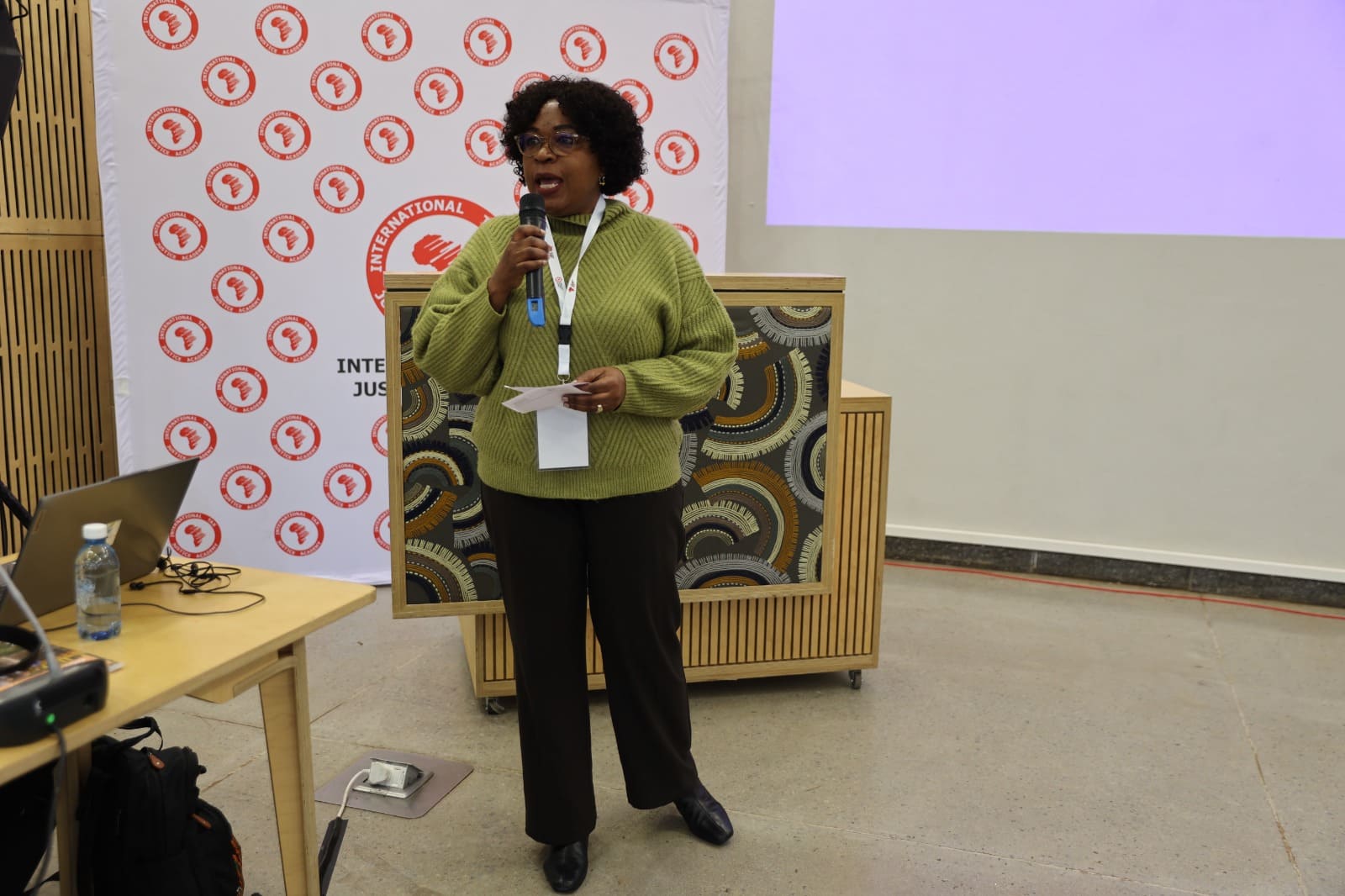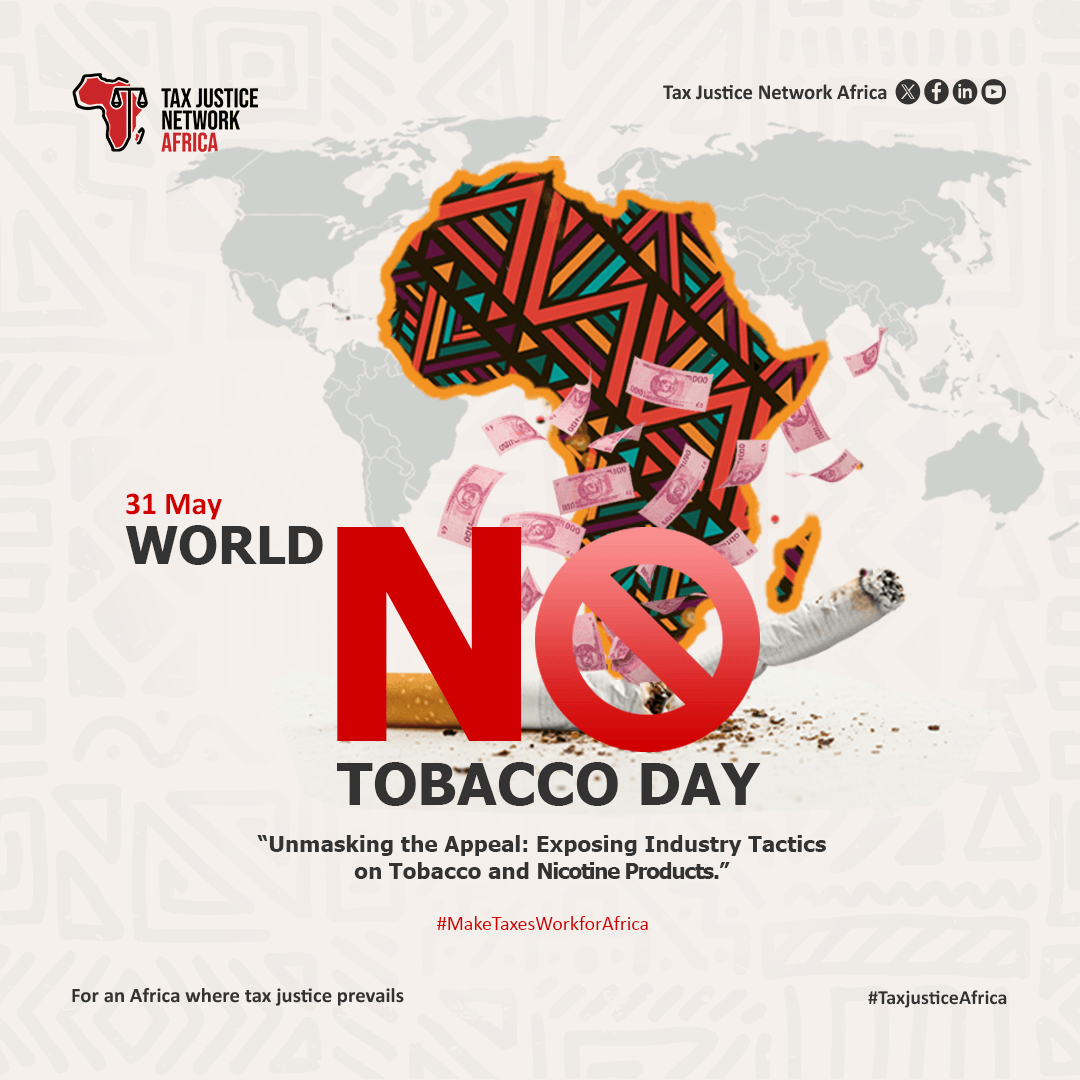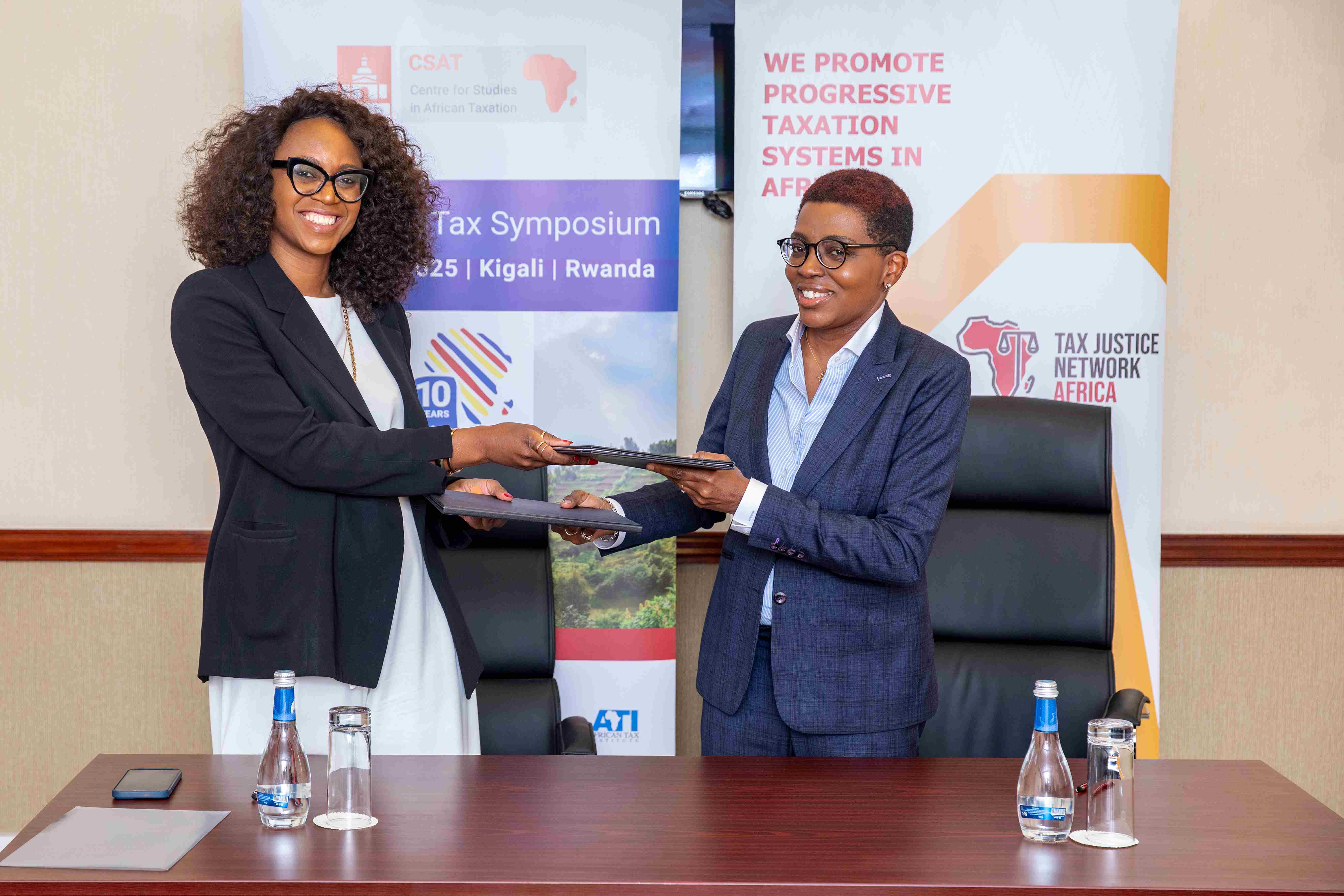
The beneficial owner is the natural person who effectively owns, controls, or benefits from a legal vehicle. The importance of singling out beneficial owners is evident for reasons of transparency, not only for tax purposes but also for connecting to all kinds of IFFs, from money laundering to financing terrorism.
The difficulty in determining the identity of beneficial owners is because a natural person can enjoy ownership or control through an array of techniques.
An increasing number of African governments have pledged their commitment to achieving transparency in beneficial ownership within specific sectors, within the framework of the Extractive Industries Transparency Initiative (EITI), 28 African nations committed to disclosing beneficial ownership information for companies operating in the extractive industries, in accordance with the EITI Standard requirement 2.5.15, starting from January 1, 2020.
Furthermore, in 2020, as part of their efforts to secure financing from the International Monetary Fund (through mechanisms such as rapid credit facilities, rapid financing instruments, or regular IMF-supported programs) for expenditures related to the Covid-19 pandemic, 34 African countries committed to publicly disclosing the identities of beneficial owners for companies that were awarded government contracts.
As of the beginning of 2023, 23 out of 54 African nations have established legal frameworks mandating that the true individuals, or beneficial owners, behind legal entities, must reveal their identities to a governmental agency. Additionally, over half of the continent has pledged to publicly divulge information about beneficial owners in sectors susceptible to corruption and fraud, including public procurement and the extractive industries.
Addressing beneficial ownership transparency stands as a pivotal policy issue for TJNA in its pursuit of fair and equitable tax systems across the continent. By advocating for transparency in identifying the true beneficiaries of corporate entities and assets, TJNA aims to combat tax evasion, money laundering, and illicit financial flows.
This advocacy holds accountable those who seek to conceal their ownership interests and assets, fostering a more transparent and accountable financial environment that promotes tax justice and bolsters economic development in Africa.
Beneficial Ownership (BO) disclosure has been demanded by Civil Society Organisations (CSOs) in Africa for years. The tax justice movement has reiterated the need for an enhancement of transparency, and the UN has also recognised the impact of BO on the achievement of the Sustainable Development Goals (SDGs).





